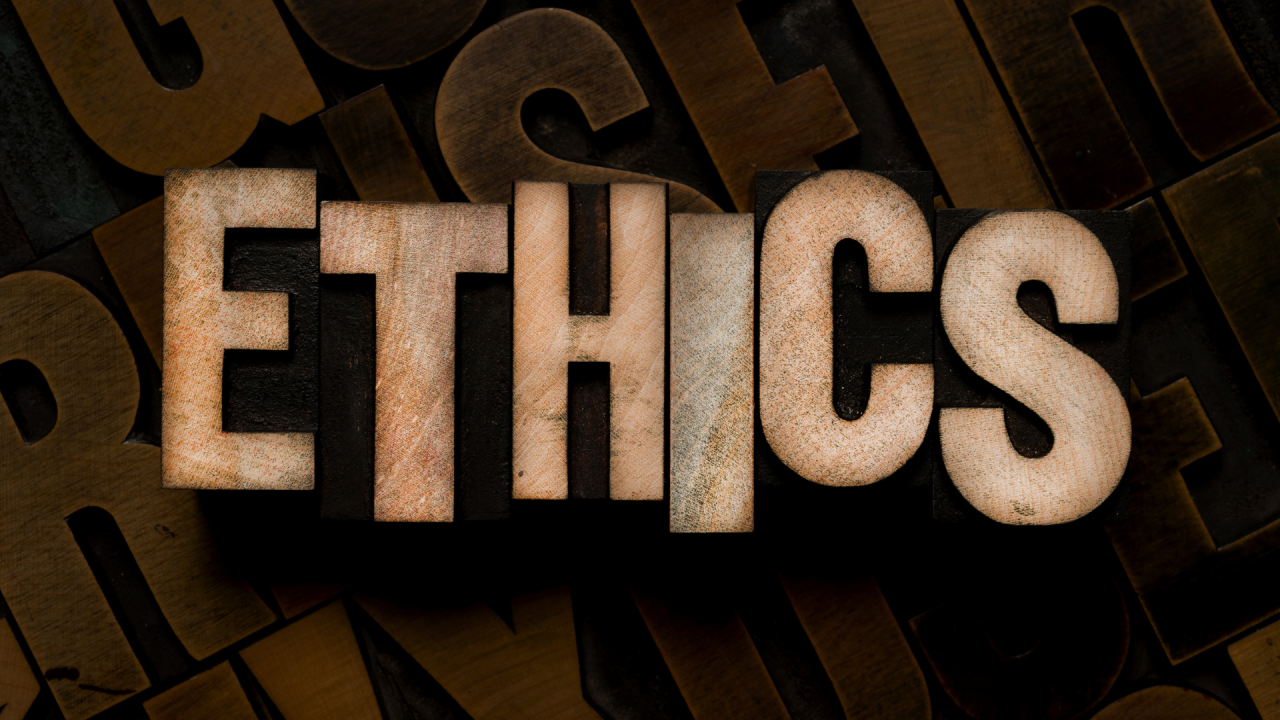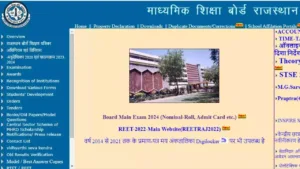Ethics, the cornerstone of moral conduct, serves as a guide for navigating the complexities of human interaction. It delves into fundamental questions of right and wrong, good and bad, shaping our decisions and shaping society. From the individual level to the global sphere, ethics permeates every aspect of our lives, demanding continuous reflection and critical examination.
At its core, ethics is a philosophical pursuit concerned with the justification of moral values and principles. It seeks to establish a framework for understanding human behavior and making informed judgments about what constitutes ethical conduct. Numerous ethical theories have emerged throughout history, each offering a distinct perspective on navigating the moral landscape. Some, like deontology, emphasize the inherent rightness or wrongness of actions, irrespective of consequences. Others, like utilitarianism, focus on maximizing overall happiness or well-being. These varied viewpoints contribute to the richness and complexity of ethical discourse, challenging us to consider multiple perspectives when confronting ethical dilemmas.
The application of ethical principles extends beyond abstract philosophical discussions. It directly impacts our daily lives, influencing our choices in personal relationships, professional settings, and civic engagement. On an individual level, ethics guides us in treating others with respect, honesty, and fairness. It encourages us to consider the potential consequences of our actions and to act with integrity, even when faced with challenges.
In the professional realm, ethical conduct translates into upholding professional codes and standards. It encompasses principles like avoiding conflicts of interest, upholding confidentiality, and promoting transparency. Ethical businesses prioritize fairness in their dealings with customers and employees, contributing to a more sustainable and equitable economic landscape.
Beyond individual and professional spheres, ethics plays a crucial role in shaping social structures and policies. Ethical governments strive for transparency, accountability, and the fair distribution of resources. They uphold fundamental human rights and seek to promote the well-being of all citizens. Engaging in ethical discourse on a societal level fosters critical thinking, encourages inclusivity, and paves the way for building a more just and equitable world.
However, navigating ethical challenges is not always straightforward. Conflicts between competing values, cultural relativism, and evolving technological landscapes present complex considerations. Technological advancements like artificial intelligence and bioengineering raise unprecedented ethical concerns, demanding us to constantly re-evaluate and refine our ethical frameworks.
Ultimately, a commitment to ethical conduct requires continuous development and reflection. We must remain open to learning new perspectives, acknowledging the potential for biases, and engaging in open and honest dialogue. Cultivating an ethical conscience requires actively grappling with moral dilemmas, seeking diverse viewpoints, and striving to act in accordance with our core values.
The pursuit of ethical reasoning is a lifelong journey, demanding humility, critical thinking, and a willingness to engage with diverse perspectives. By embracing ethical principles in our individual lives, professional endeavors, and societal interactions, we contribute to building a more just and compassionate world.













